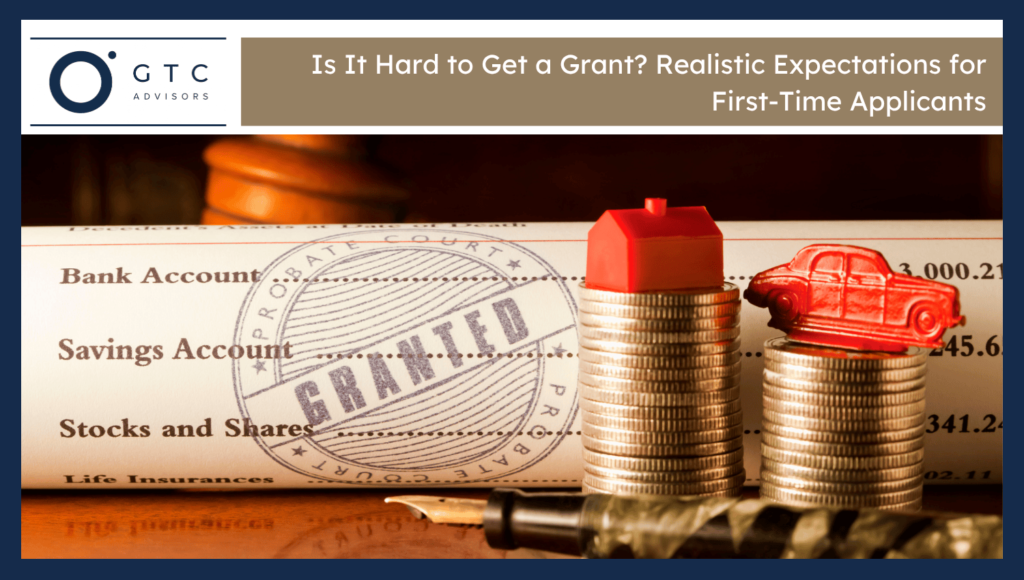Yes, it is hard to get a grant for first-time applicants due to high competition and strict eligibility criteria. The funding rate is around 15-25% for the new applicants and 1 in 10 proposals for the experienced ones. Grant money is not free money. Grantseekers are accountable to the funder about where they spent money. It has a low success rate and complex guidelines. Grant application requires careful planning, understanding funder’s priorities, project alignment, and measurable outcomes to win the funder’s trust. Funders reject the applications that do not meet the basic formatting criteria.
Make sure to read the guidelines and create a checklist for final review. Do not make vague promises as reviewers immediately spot them. Use authentic and credible statistics to show the organization’s strength to run the project. Make changes in the templates to personalize them. Funders receive tons of applications, and personalization makes the difference. Hire a grant writer when applying for large grants. Maintain the professional and persuasive tone throughout the proposal.
How Competitive Are Grants for First-Time Applicants?
Here are the four factors to describe the competitiveness of grants for first-time applicants:
- High Applicant Volume: Many applicants submit their proposals to get fundings that increase the competition. The higher the competition, the lower the chances of getting a grant for new applicants.
- Varying Acceptance Rates: The acceptance rate of applications depends on the type of grant. Some grants have a less than 10% acceptance rate.
- Impact of Experience: First-time applicants often make visible formatting and budgeting mistakes that lead to the disqualification of the application.
- Importance of Tailoring Applications: Personalized proposals with credible statistics and outcomes have higher chances of securing funds. An application that aligns with the funder’s mission, values, and goals attracts them.
What Factors Influence Your Chances of Success?
Here are the five factors that influence the application success rate:
- Alignment with Funder Priorities: Applications that align with the funder’s priorities have higher chances of securing funds than others. Attend the webinars and sessions of the funders to know about them. Personalize the proposal according to their previous project and pain points to secure a spot.
- Clarity and Quality of Proposal: A proposal without typos, inconsistencies, and grammar errors attracts the reviewers. Maintain a professional and persuasive tone with simple words throughout the proposal. Avoid using unnecessary technical terms and use charts to break down technicalities. Stick to the main key message and avoid beating about the bush.
- Demonstrated Capacity: Describe the achievements, awards, and successful projects to demonstrate the organization’s ability to run the project. It builds trust and also leaves a strong message about the applicant.
- Budget Realism and Justification: New applicants often ignore the budgeting plan, which affects their application acceptance rate. Funders want to know where the funds are going to be used. Don’t over- or underestimate the budget and clearly give justifications.
- Previous Experience (if any): Give a reference to any previous successful project to build authority as a first-time applicant.
How Long Does It Usually Take to Apply for a Grant?
Grant applications take 3 months to 9 months to get accepted. Finding the legitimate funding and collecting documents takes two weeks. The proposal development process takes one to two days, depending on the complexity of the grant. It takes 2 to 3 hours to proofread and submit the proposal. The application time differs for grant types and new applicants. It also depends on the preparedness of the applicant.
What Common Challenges Do First-Time Applicants Face?
Here are the five common challenges that first-time applicants face:
- Understanding Grant Guidelines: New applicants struggle to understand the grant guidelines, budgeting templates, and the submission process.
- Writing a Compelling Proposal: Writing a proposal requires attention to detail. New applicants face difficulties in adapting to the tone and maintaining it throughout the proposal. They use fluff words and do not transmit a single key message.
- Budget Preparation: New applicants often ignore the budgeting requirements. They struggle to maintain the realistic costs in the narrative. It requires pre-planning and listing everything where the money is going to be used.
- Time Management: Submitting proposals in the last hour and preparing just a week ago leads to missed details. New applicants don’t take the grant proposals seriously and wait for the deadline to submit them.
- Fear of Rejection: Many applicants procrastinate and make a lot of changes in the drafts that affect the application quality.
How Can First-Time Applicants Improve Their Chances?
Start applying for microgrants to get experience. Use budgeting templates and attend the funders’ webinars to learn about their mission. Learn from the industry experts and talk to ones who have secured funds. Note down the common mistakes that grantmakers point out and create a checklist to avoid them when writing a proposal. Proofread and review the grant application before submission.
How to Set Realistic Expectations About Grant Outcomes
Here are the four ways to set realistic expectations about grant outcomes:
- Understand Acceptance Rates: Understand the competition and acceptance rates before submitting the proposal. Not very applicable to get the funds and learn from mistakes.
- Learning from Rejection: Rejection is a sign to make improvements and come back stronger. Get reviews for experts and list them down. Review the successful application and pinpoint the mistakes.
- Track Your Progress: Share achievements and success stories officially and track the organization’s progress.
- Focus on Long-Term Strategy: Apply micro-grants to sharpen skills for macro grants. Practice and learn from the winning proposals.

George C. Tagg, Jr.
George serves as a trusted counsel to business leaders, non-profit executives, and management teams. George is a licensed attorney with a master’s in international affairs and over 20 years’ experience in the U.S. Congress, Department of State, Department of Defense, global public policy, and political campaigns.


